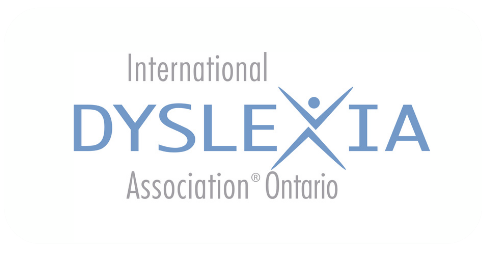A needs assessment supports schools to systematically examine system strengths and weaknesses. This allows leaders to understand key needs and prioritize actionable steps to improve outcomes for all students.
With each week’s episode of Reading Road Trip, host Kate Winn recommends a picture book created by an Indigenous author or illustrator. Catch up with the books recommended from Season 1, and consider adding some to your library today!
Alphabetics (phonemic awareness and phonics) were key elements of effective, evidence-based reading instruction identified in the National Reading Panel. 20 years after the release of the report of the panel, Dr. Susan Brady summarized Panel findings, and highlighted key findings from research after its release.
Curious about the best way to teach students to read multisyllabic words? Check out this explainer from two researchers who study multisyllabic word reading.
This paper delves into informing how teachers can use scientifically based research to make curricular instructional decisions The article showcases how as professionals, teachers can become more effective and powerful by developing their skills to recognize scientifically based practice. Even in scenarios when the evidence […]
With each week’s episode of Reading Road Trip, host Kate Winn recommends a picture book created by an Indigenous author or illustrator. Catch up with the books recommended from Season 2, and consider adding some to your library today!
This blog post by Joan Sedita of Keys to Literacy highlights the research behind creating specific product goals in writing, emphasizing that providing students with specific guidance on the task, audience, and purpose. A WAG template (Writing Assignment Guide) is provided, as well as completed […]
Morphological awareness is a skill that helps students read and spell. Teaching English morphemes, and building students’ awareness of morphemes in oral and written language, is key to supporting vocabulary, spelling, comprehension, and writing.
Repeated reading is an instructional routine with plenty of research support. Learn more about how to use repeated reading in your classroom to build students’ fluency with this implementation guide from Dr. Stephanie Stollar.
Concept sorts introduce students to the vocabulary or ideas of a new topic or text. Students are presented a list of terms or concepts and have to determine how they are related by placing them into different categories. When used before reading, concept sorts provide an opportunity for […]
Barrier games are fantastic resources to support a child’s speech and language skills. There are many benefits from using barrier games with a child such as developing: listening skills, oral language skills, social language skills, clear talking and understanding of concepts. They are great for […]
This infographic provides a comprehensive visual guide to structured literacy, an evidence-based approach to teaching language and literacy. By illustrating both the “how” and “what” of structured literacy, the infographic serves as a valuable resource for educators committed to fostering strong foundational literacy skills in […]




